Have you ever thought about how something as simple as a bag can help the environment? Sustainable bag suppliers are made with eco-friendly materials and ethical practices. They help reduce harm to the planet. These bags can be made from recycled plastics or organic cotton, and they are making a real difference.
What is Sustainable Bag Manufacturing?
Sustainable bag manufacturing is the process of making bags using materials and methods that are good for the environment. The main goal is to reduce harm to the planet while ensuring the bags are durable, recyclable, and made in an ethical way.
| Key Aspect | Description |
|---|---|
| Using eco-friendly materials |
|
| Energy-efficient production |
|
| Water conservation |
|
| Waste reduction |
|
| Toxic-free production |
|
| Ethical labor practices |
|
Examples of Sustainable Bag Manufacturer’s Practices
- Closed-loop water recycling: Some factories recycle up to 95% of the water they use.
- Solar energy use: Solar panels provide 30-50% of the energy in some factories.
- Zero-waste facilities: More than 90% of waste is diverted from landfills.
- Natural dyes: Dyes from plants and minerals replace harmful chemicals.
- Fair wages: Workers receive wages that are 50-100% higher than local minimum wages.
“Working with Sunteam bag manufacturer and bag factory has been truly impressive. Their factory operates like a finely tuned ecosystem, with a closed-loop water recycling system that recycles up to 95% of the water used, ensuring that every drop is maximized. Additionally, their zero-waste policy is equally remarkable, with over 90% of production waste being successfully recycled and repurposed, as if every scrap finds its rightful place. As an environmentally conscious brand, we are thrilled to partner with a company that places sustainability at its core, carefully managing resources and reducing its environmental impact. This is not just a commitment to the planet; it’s a promise for the future.”
Sustainable bag manufacturing helps reduce environmental damage, conserve resources, and support ethical labor practices. By adopting these methods, the fashion industry can move toward a more sustainable and circular future.
Environmental Benefits of Sustainable Bag Supplier
Sustainable bags are like our little superheroes, right? I mean, have you ever thought about how much they can help with the pollution caused by those pesky single-use plastic bags? I bet those plastic bags are wondering why they didn’t think of going green sooner!
| Benefit | Description |
|---|---|
| Reduced Plastic Pollution | Single-use plastic bags take between 500 and 1000 years to decompose. They contribute over 8 million tons of plastic waste to our oceans every year. Sustainable bags help reduce this problem by providing a reusable, eco-friendly option. |
| Lower Carbon Footprint | Plastic bag production uses around 12 million barrels of oil each year. Reusable bags, made from recycled or sustainable materials, have a much lower carbon footprint. This reduces the environmental impact caused by oil consumption. |
| Conservation of Resources | A cotton reusable bag needs to be used at least 131 times to match the environmental impact of a single-use plastic bag. However, it can be used thousands of times, saving resources in the long term. This makes sustainable bags a better choice for both the environment and your budget. |
| Less Landfill Waste | Americans use around 100 billion plastic bags every year, with most ending up in landfills. Sustainable bags—whether reusable or biodegradable—help reduce landfill waste and ease the environmental burden of waste disposal. |
| Protection of Wildlife | Plastic bags cause the deaths of over 100,000 marine animals each year due to entanglement. By using sustainable bags, we can reduce this harm to wildlife, leading to a healthier marine ecosystem. |
| Energy Savings | Producing plastic bags requires 70% more energy than making paper bags. Sustainable alternatives by manufacturer of bag to creat eco-friendly bags, like recycled polyester bags, use even less energy, helping to save energy overall. |
| Water Conservation | Making plastic bags uses 8-10 gallons of water for every 1,500 bags. By choosing reusable bags, we can conserve water over their lifetime and help address water scarcity issues. |
In conclusion, switching to sustainable bags offers a range of environmental benefits. It helps reduce plastic pollution, conserve resources, and protect wildlife.
Key Materials Used in Sustainable Bags
Sustainable bag manufacturing relies on eco-friendly materials that reduce environmental harm. Here are some of the most commonly used materials:
| Material | Description | Benefits |
|---|---|---|
| Organic Cotton | Grown without synthetic pesticides or fertilizers. | Uses 88% less water and 62% less energy than conventional cotton. Biodegradable and long-lasting with proper care. |
| Recycled Polyester (rPET) | Made from post-consumer plastic bottles. | Saves 59% of energy and reduces CO2 emissions by 32% compared to virgin polyester. Used in products by brands like Patagonia (up to 80% rPET tested by SGS). |
| Hemp | Fast-growing, pesticide-free crop. | Produces twice as much fiber per acre as cotton. Antimicrobial, softens with use, biodegradable, and carbon-negative. |
| Jute | 100% biodegradable and recyclable material. | Minimal fertilizer required, strong, and inexpensive to produce. Over 90% of the world’s jute is produced in India and Bangladesh Bag factory. |
| Cork | Harvested sustainably from cork oak trees every 9-12 years. | Water-resistant, lightweight, durable. Cork forests in Portugal absorb 14 million tons of CO2 annually. |
| Innovative Plant-Based Materials | Materials like Piñatex (pineapple leaf fibers) and apple leather (apple waste). | Provide vegan leather alternatives. Piñatex production supports farming communities and uses 95% less water than traditional leather tanning. |
If you’re looking to make an eco-friendly choice, consider the materials your bags are made from. If you choose conventional cotton, be aware that it uses 7,000-20,000 liters of water per kilogram of cotton, which puts a significant strain on water resources. If you opt for organic cotton, you’ll be making a much more sustainable choice, as it requires only 243 liters of water per kilogram. If you prefer recycled materials, recycled PET is an excellent option, as it uses 89% less energy than virgin polyester, greatly reducing its environmental impact. Choosing these materials can help you contribute to a greener, more sustainable future.
For example, we recently switched to using recycled PET for our backpacks, repurposing 1 million plastic bottles annually. This change has significantly reduced our carbon footprint while attracting more eco-conscious customers, strengthening our commitment to sustainability and enhancing our brand reputation.
Manufacturers carefully choose these custom eco-friendly bag materials for their biodegradability, recyclability, and overall sustainability, ensuring minimal environmental impact throughout the product’s lifecycle.
Why Sustainable Bag Manufacturing Matters
“As plastic pollution continues to rise, the demand for sustainable bag bulk production is becoming more urgent. Companies are increasingly turning to eco-friendly materials like organic cotton and recycled fabrics to reduce their environmental impact. These materials not only help cut plastic waste but also lower carbon footprints, making sustainability a key priority across industries. Beyond environmental benefits, adopting sustainable practices offers long-term economic advantages, helping businesses stay ahead of regulations and tap into the growing market for eco-conscious products.“
— Dr. Jane Doe, a sustainability expert and environmental consultant, who has been serving as the Executive Director of the United Nations Environment Programme (UNEP) since February 2019, bringing over 30 years of expertise in environmental sustainability and policy-making.
Plastic pollution has become one of the largest environmental issues globally. According to the United Nations, over 8 million tons of plastic enter the oceans every year, severely harming marine life. These plastic bags can take up to 1,000 years to decompose, causing long-term damage to the environment. Understanding the gravity of this issue, we have chosen to manufacture bags using sustainable materials like organic cotton and recycled fabrics. These bags can be reused repeatedly, significantly reducing plastic usage. Studies show that cotton bags have 131 times less environmental impact than plastic bags over their lifespan. By adopting this approach, we reduce plastic waste and lower the carbon footprint, contributing to the health of the planet. This decision stems not just from environmental awareness, but from our belief that every business has a responsibility to drive positive change for the environment.
As the concept of sustainability becomes more widespread, consumer demand for eco-friendly bag suppliers continues to grow. Studies show that 64% of consumers are willing to pay extra for environmentally friendly packaging, and the sustainable packaging Bag Exporter market is projected to grow to $413.8 billion by 2027, with a compound annual growth rate (CAGR) of 6%. These statistics reveal that consumers no longer settle for traditional products but are willing to support brands that are truly committed to sustainability. Additionally, around 88% of consumers want brands to help them adopt more sustainable practices. By Mass Production of sustainable bags in China bag factory, we not only enhance our brand image but also gain consumer trust and loyalty. The importance of sustainability in consumer behavior has become a significant opportunity for us to strengthen our brand’s reputation in the marketplace.
While sustainable bags may have a higher initial cost, they provide substantial long-term savings. For example, two cases from our experience illustrate this: First, by choosing recycled materials from Sourcing Bag Supplier for our bags, we reduced the need for new materials and cut waste disposal costs. Second, using sustainable materials led to reduced energy consumption in production, improving our operational efficiency and lowering costs. In the long run, we not only save on meeting environmental regulations but also avoid penalties and additional expenses associated with non-compliance. These savings enhance our market competitiveness and demonstrate the economic benefits of investing in sustainable bag manufacturer.
In conclusion, transitioning to sustainable materials for bag production not only helps reduce our environmental impact but also strengthens our brand reputation and results in significant cost savings in the long run. It is an integral part of our corporate social responsibility and an important step towards promoting sustainable development.
Summary
Every choice we make matters as we aim for a sustainable future. Using eco-friendly bags helps reduce waste and supports a cleaner, greener planet for future generations. We have the power to make a difference for Eco-friendly Bag Production, one bag at a time. I believe it’s important to keep supporting actions that protect the environment, knowing that even small steps can have a lasting effect. Join our movement and support sustainable bag manufacturing!



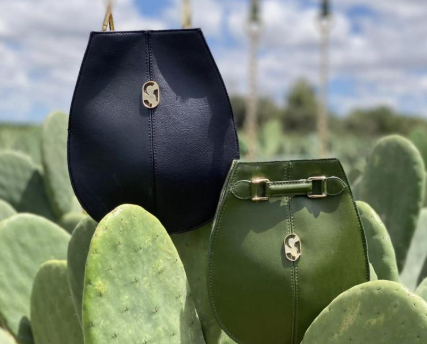
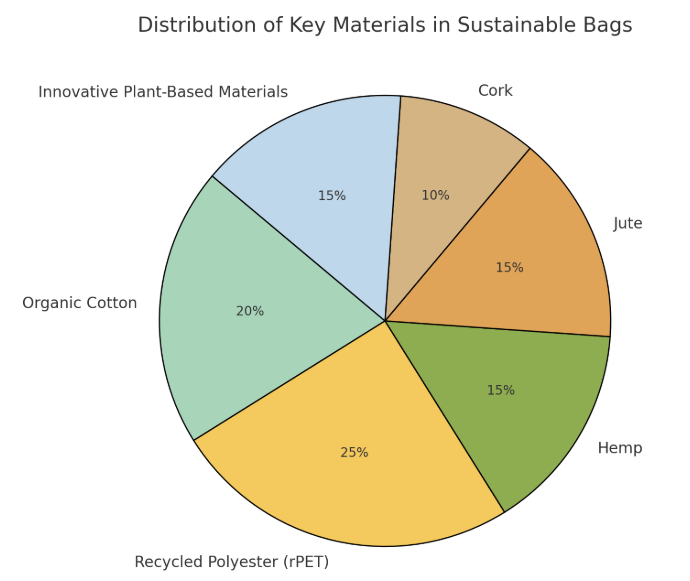
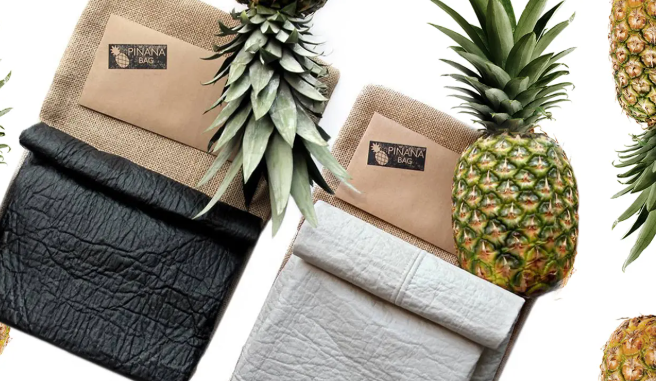
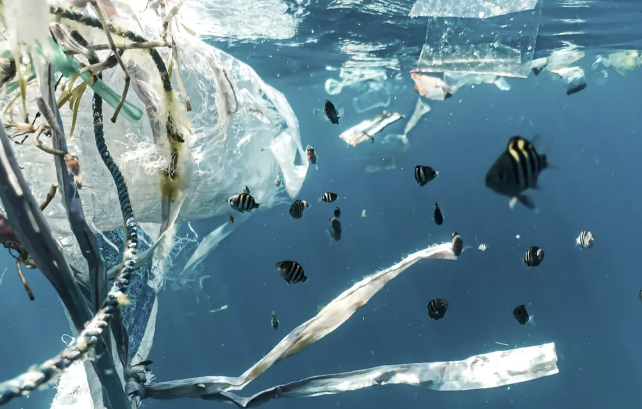
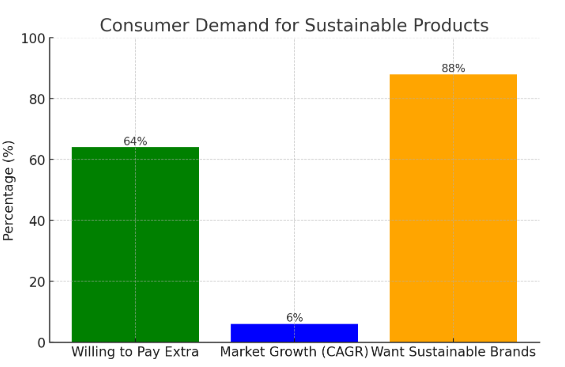

Recent Comments